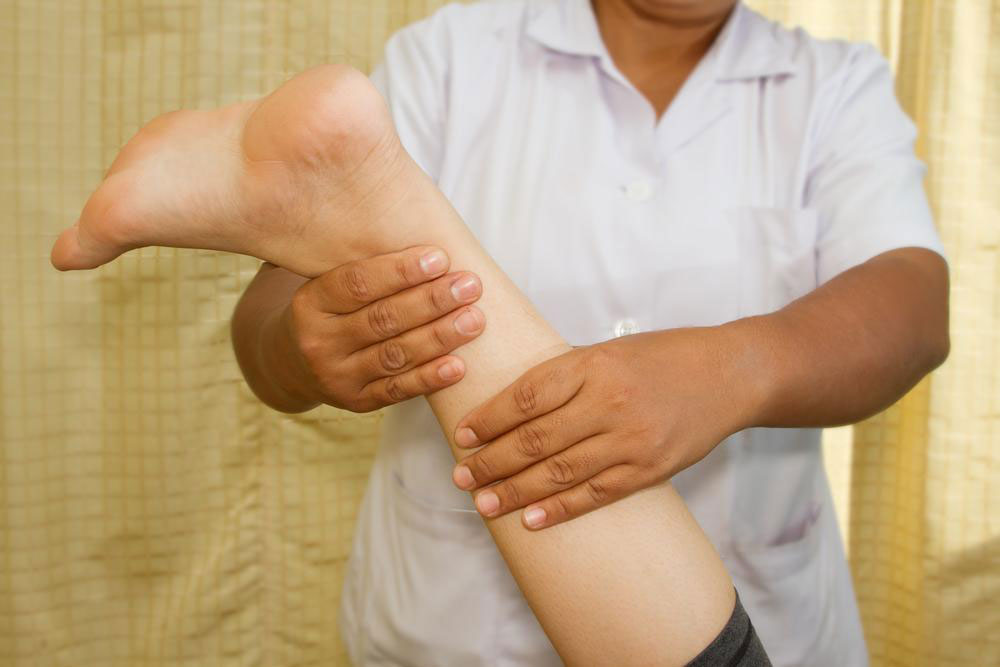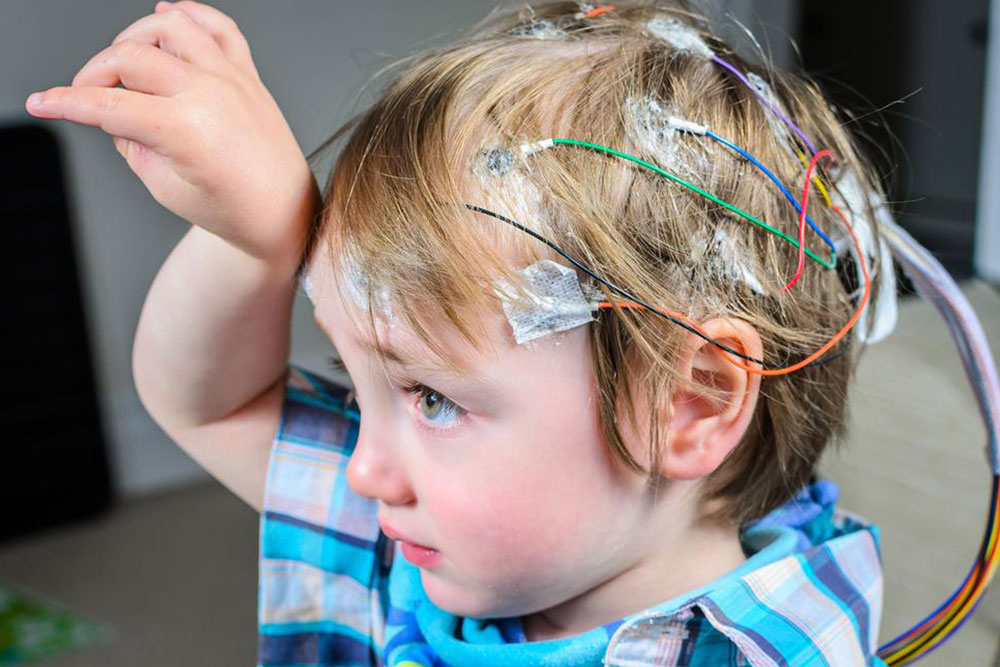Key Lifestyle Factors to Manage Epileptic Seizures
Discover essential lifestyle modifications to help control epileptic seizures. Key tips include managing sleep, avoiding alcohol and triggers, maintaining proper diet, and reducing environmental stimuli. These practical strategies can lessen seizure severity and improve quality of life for epilepsy patients.

Key Lifestyle Factors to Manage Epileptic Seizures
Epilepsy can significantly impact daily life by causing unpredictable seizures and potential physical injuries. It stems from abnormal electrical activity in the brain, disrupting normal nervous system functions and leading to uncontrollable symptoms. Seizures vary in duration, ranging from a few seconds to minutes, with signs like staring or hand movements. While seizures cannot be completely prevented, certain lifestyle adjustments can help reduce their severity and frequency.
Alcohol consumption: Excessive alcohol intake acts as a stimulant and can provoke prolonged seizures. Its toxic nature worsens epilepsy symptoms, making abstinence crucial, even during medication.
Sleep patterns: Sleep deprivation causes fatigue, which may trigger seizures. Maintaining consistent, quality sleep is essential for seizure control.
Hormonal fluctuations: Hormonal changes, especially in women during pregnancy or menstruation, can influence seizure activity.
Smoking and drug use: Both habits impair brain function and weaken nervous system resilience, increasing seizure risk.
Nutrition: Timely and healthy eating, as per medical advice, prevents low blood sugar levels that could induce seizures. Skipping meals should be avoided.
Environmental factors: Bright lights, sun exposure, loud noises, and similar stimuli can trigger seizures. Monitoring and avoiding such triggers is vital.










